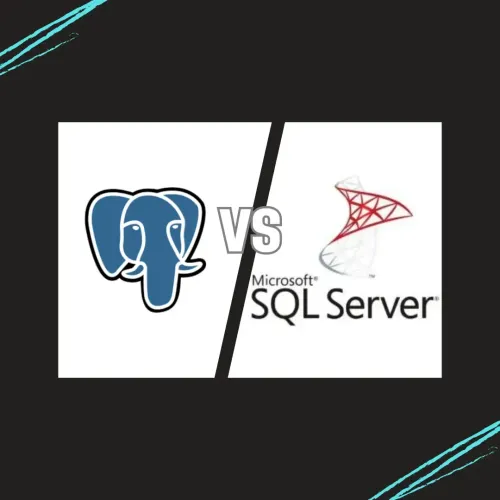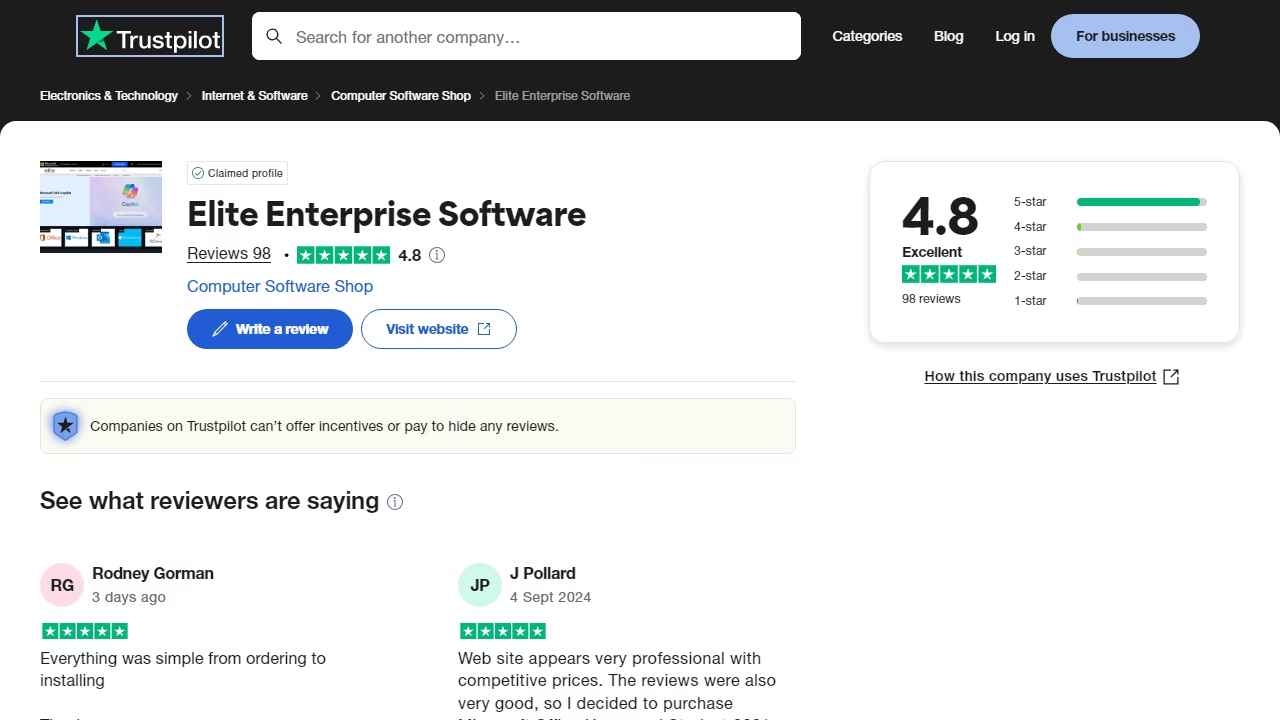Comparison Between PostgreSQL vs Microsoft SQL Server

Choosing the right database management system is critical for any application. Among the most popular options are PostgreSQL and Microsoft SQL Server. Both offer distinct advantages and challenges, making them suitable for different needs. This article will examine various aspects of PostgreSQL and SQL Server to help you determine which one aligns best with your requirements.
1. Overview
PostgreSQL
PostgreSQL is an open-source object-relational database system recognised for its powerful features and versatility. It supports a variety of advanced data types and performance optimisation methods, making it ideal for complex applications. As an open-source platform, it allows for significant customisation and benefits from a large community that contributes to its ongoing development.
Microsoft SQL Server
Microsoft SQL Server is a relational database management system designed by Microsoft. As a commercial product, it offers an array of features for data storage, retrieval, and management. Known for its seamless integration with Microsoft products, SQL Server is often favoured by organizations heavily embedded in the Microsoft ecosystem.
2. Cost
A major distinction between PostgreSQL and SQL Server lies in their pricing models. PostgreSQL is free and open-source, enabling users to leverage its capabilities without any licensing fees. This makes it an attractive choice for startups and small businesses.
Conversely, Microsoft SQL Server follows a licensing model that can become quite costly, particularly for enterprise editions. While there are free versions, such as SQL Server Express, they come with limitations regarding database size and functionality.
3. Features and Functionality
Data Types
PostgreSQL boasts support for a wide array of data types, including JSON, XML, and custom types, providing developers with the flexibility to handle complex data structures effectively. Additionally, PostgreSQL’s advanced indexing techniques, like GIN and GiST, improve performance for specific query types.
SQL Server also supports various data types, including JSON and XML, but its features may not be as extensive as those in PostgreSQL. Nevertheless, SQL Server includes unique functionalities such as computed columns and full-text search, which can be advantageous in certain contexts.
Performance
Both PostgreSQL and SQL Server are designed for high performance, excelling in different areas. PostgreSQL is particularly noted for its concurrency and optimization of complex queries, making it suitable for analytical workloads. Its support for parallel query execution can significantly enhance performance in data-intensive applications.
Microsoft SQL Server, on the other hand, is particularly effective in transactional environments, offering features such as ACID compliance and advanced indexing options. Its in-memory capabilities facilitate rapid transaction processing, which is essential for applications requiring high availability.
4. Scalability
Horizontal vs. Vertical Scaling
PostgreSQL is built for horizontal scaling, allowing users to distribute databases across multiple servers. This feature is especially beneficial for large applications that need to manage substantial amounts of data and concurrent users.
In contrast, Microsoft SQL Server primarily supports vertical scaling, meaning you'll need to upgrade your hardware to accommodate more data and users. While SQL Server can be clustered for high availability, its scaling options may not offer the same level of flexibility as those of PostgreSQL.
5. Community and Support
PostgreSQL benefits from a vibrant open-source community that provides extensive documentation, forums, and third-party tools. Users can access a wealth of resources and receive support from fellow community members. However, official support may be limited compared to commercial solutions.
Microsoft SQL Server, on the other hand, offers dedicated customer support through Microsoft. This can be a significant advantage for enterprises, as Microsoft provides comprehensive documentation, training, and various support options, ensuring that businesses can quickly resolve issues.
6. Security
Security remains a top priority for any database system. PostgreSQL offers robust security features, including role-based access control, row-level security, and data encryption. Its open-source nature allows users to review the code for vulnerabilities and contribute to security enhancements.
Microsoft SQL Server also prioritizes security with features like Transparent Data Encryption (TDE) and advanced threat detection. Its integration with Azure Active Directory adds further security options for cloud-based applications. However, its closed-source nature means users must rely on Microsoft for security updates and patches.
7. Integration and Ecosystem
Ecosystem
PostgreSQL is compatible with various programming languages and frameworks, making it a versatile choice for developers. Its ability to run on multiple operating systems (Linux, Windows, macOS) adds to its attractiveness.
In contrast, Microsoft SQL Server seamlessly integrates with other Microsoft products, such as Azure, Power BI, and SharePoint. This integration can streamline development and deployment for organizations that are already utilising Microsoft technologies.
8. Use Cases
When to Choose PostgreSQL
Open-source Preference: Ideal for projects with budget constraints or a need for an open-source solution.
Complex Query Requirements: Suitable for applications requiring intricate queries and advanced data types.
Horizontal Scalability Needs: Best for scenarios anticipating substantial growth and the necessity for horizontal scaling.
When to Choose Microsoft SQL Server
Microsoft Product Reliance: Perfect for organizations heavily invested in Microsoft products.
Enterprise-level Features: Appropriate for large enterprises needing robust security, support, and advanced analytics.
Transactional Workloads: Optimal for applications that demand high transaction throughput and reliability.
Conclusion
Deciding between PostgreSQL and Microsoft SQL Server ultimately hinges on your specific requirements, budget, and existing technology stack. PostgreSQL is a strong candidate for those seeking flexibility and cost efficiency, while Microsoft SQL Server is ideal for enterprises looking for comprehensive support and seamless integration with Microsoft products. Assessing your project’s needs and future growth will guide you to the right database solution.
Read More: https://eliteenterprisesoftware.com/news/why-choose-microsoft-sql-server-2022-over-competition/

